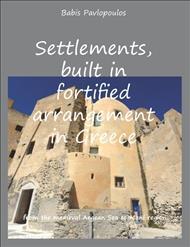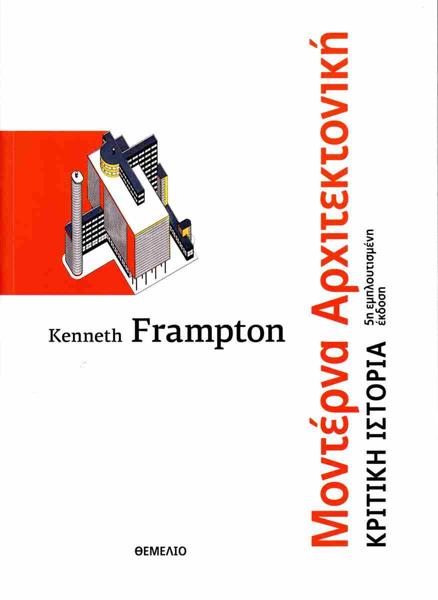SETTLEMENTS, BUILT IN FORTIFIED ARRANGEMENT IN GREECE: FROM THE MEDIEVAL AEGEAN SEA
SETTLEMENTS, BUILT IN FORTIFIED ARRANGEMENT IN GREECE: FROM THE MEDIEVAL AEGEAN SEA
This is an amazing walk next to wall-houses, high towers, inseparable building fronts, narrow cobbled streets, vaulted passages, fortified gates, and pirate raids. A walk in the today whitewashed, medieval Aegean Sea settlements, a walk in heavy fortified Maniot settlements, a walk, passing of some of the most beautiful places in Greece. This is a walk next to war, next to battles and sieges, finally next to the eternal need of people to protect themselves against of any external enemy. The public or collective defense is our subject, and the architecture that was born in the Greek area, when the participation of the buildings took the place of the most organic element of the fortifications and defense. Small traditional settlements and their history that managed to survive until today in their authentic form are presented, as well as the memory of some others, which did not manage to, just surviving into the book pages or the computer files. Certainly, and first of all, this is also a walk under the deep blue Greek sky and next to the big blue of the Aegean Sea, or in which way the landscape had one of the key-roles for the flourished type of architecture.
It is worth noting that the book (244 pages, 338 colour figures and ground plans), except for those who study or like similar subjects such as defensive architecture and planning, as castle enthusiasts, medievalists, and military buffs, is also ideal for people who are interested in authentically preserved places or they like visiting such places, discovering at the same time what behind the first view is hiding, enriching their tours.
This book combines interesting source material with multi-year field research, and rich photographic documentation so as the reader can easily follow the subject, promising a great reading experience.
Therefore, settlements, built in fortified arrangement in Greece, the architecture and the history. Let’s unfold the story.


















